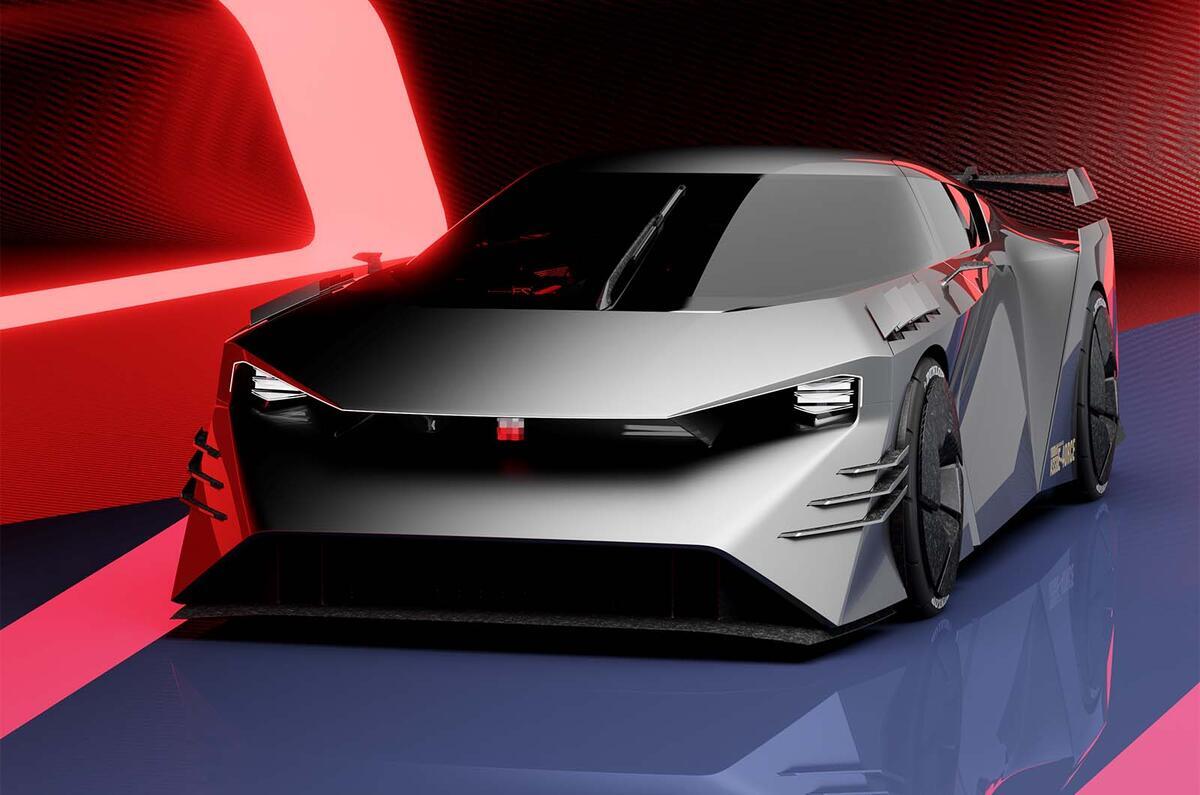Nissan is reconsidering plans to launch an electric successor to the GT-R supercar based on 2023's outlandish Hyper Force concept.
Previously described by the firm as a "tangible lucid dream", the Hyper Force is a brutalist, futuristic vision of what an R36-generation GT-R could look like, featuring a solid-state battery and a 1341bhp four-wheel-drive powertrain.
Upon its unveiling, bosses said the concept was feasible for production by 2030 as an EV successor to the V6-powered R35 GT-R, which went out of production earlier in 2025 after a 17-year stint.
But now product boss Guillaume Cartier has said the Japanese firm is "exploring different routes" to a next-generation GT-R.
He said "it's something I believe in, as I was in charge of launching GT-R in Europe" but there remains "no clear plan" to launch a new supercar.
The rethink comes as manufacturers of premium and sports cars confront weak global demand for EVs in those segments.
Maserati cancelled plans to offer an electric version of the MCPura supercar this year, for example; Lotus has delayed plans to launch an electric equivalent of the Emira; Porsche has extended the life of the petrol-powered 718; and Polestar has put its 6 electric super-roadster on the back burner.
Cartier didn't say whether this was a factor in the uncertainty around the next GT-R but did say the decision isn't a priority, as such a model wouldn't be a high-volume proposition globally.
"You have three major sports car markets in Europe – UK, Switzerland and Germany - and the rest like it but don't have a real market," he explained.
Nevertheless, he added that "the impact and consideration of the brand is important, so that's something we are considering", suggesting Nissan could consider the GT-R viable as a halo product rather than a meaningful revenue generator.








Add your comment